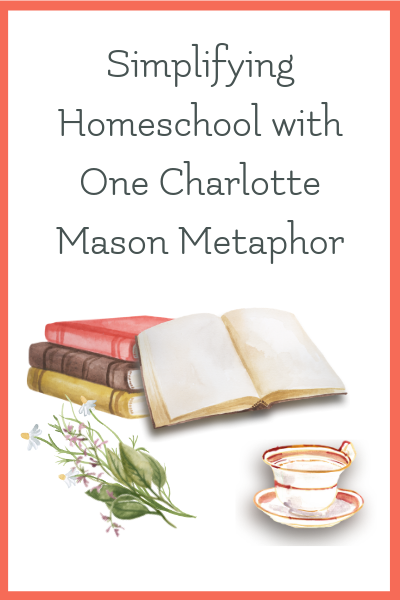
I took the first steps of my homeschooling journey when my first child was just a baby. I had stumbled upon a homeschooling blog, and with that single click of the mouse, an entire world appeared. A few clicks more and philosophies, curricula, options, and book lists lay before me, seemingly infinite. I hardly knew where to start, other than with gratitude that I had years to figure out homeschooling. It looked like I would need it.
I haphazardly sifted my way through websites and blog posts until I learned about a woman named Charlotte Mason, a 19th century British educational philosopher. Like me, Charlotte Mason believed that children are born with an intrinsic motivation and ability to learn. What’s more, she offered a framework for educating my children in a way that protected their inner desire to learn. Suddenly, the landscape of endless homeschooling options simplified. I couldn’t become an expert in every educational approach, but I could focus on learning and applying this single method.
After discovering the Charlotte Mason way, I set about reading as much about her philosophy as I could. While there is a vast amount of information about it, including her own written volumes, I realized that her basic principles are quite simple and intuitive if you understand how Charlotte Mason conceptualized a child’s mind.
Our Minds are Living and Growing
In her writing, Charlotte Mason shares one particular metaphor to help her readers understand what a child’s mind is like. In her sixth and final volume, Charlotte Mason writes:
Perhaps the only allowable analogy with the human mind is the animal body, especially the human body…The body lives by air, grows on food, demands rest, flourishes on a diet wisely various. So, of the mind,––(by which I mean the entire spiritual nature, all that which is not body),––it breathes in air, calls for both activity and rest and flourishes on a wisely varied dietary.
Our minds, and our children’s minds, are like our bodies. Here is a brief breakdown of what this means.
Our minds are living and growing. Just as our bodies live and grow, our minds live and grow. The time we spend thinking and learning is exercise for our minds. As we puzzle over new ideas, our minds are strengthened. Furthermore, we don’t spend all our time exercising our bodies. We take time to rest our minds through sleep and entertainment.
Our minds get hungry. We must eat in order to live. We have a physical drive to eat in order to be healthy. Likewise, we have a drive to feed our minds as well. We are born with an intrinsic desire to fulfill our mental cravings for knowledge.
Ideas are food for our minds. Our bodies digest food and use its nutrients to power our activity. Similarly, our minds catch hold of ideas. We ruminate over them, think about them, and talk about them. In doing so, we ‘digest’ the idea and make it our own. This is how our minds grow.
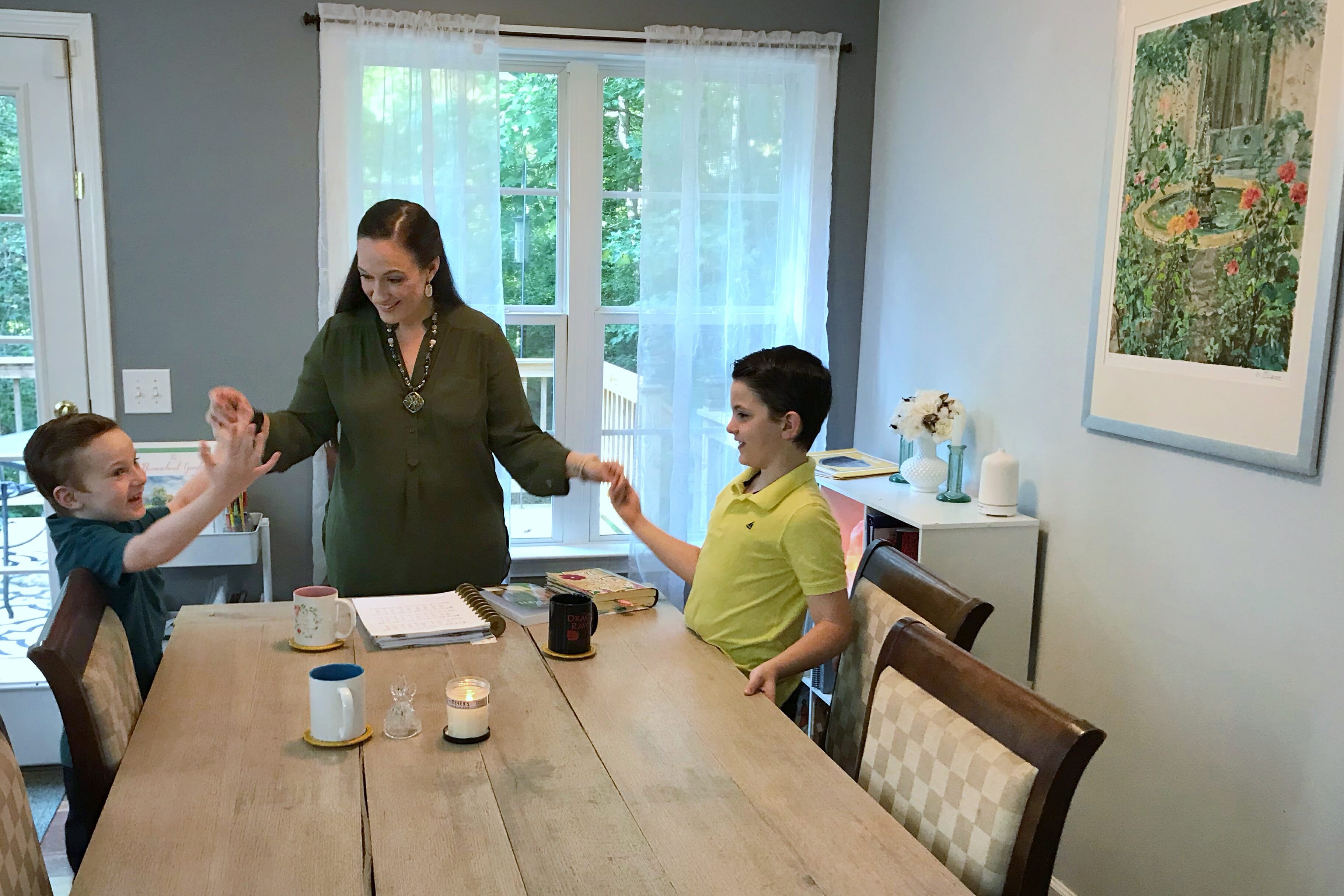
Educating the Living, Growing Mind
When we understand how our minds are like our bodies, we can draw conclusions about what kind of ideas our children need and how to go about providing them. First, like our bodies, our minds need a varied diet. We all have a sense of the foods that comprise a healthy diet. We go to considerable effort to ensure that those foods make up the bulk of what our children eat. In my home, my kids have treats, but those sweets are balanced out by plenty of fruit and vegetables.
Likewise, my children’s minds need a widely varied mental diet. They need to hear fables and fairytales, stories of historical figures and events, and descriptions of foreign lands. They also need the challenge of mathematics, foreign language, and science. These are the ideas our children need to grow upon. So often, our society reduces the idea of education to whether a child can read and do math. If we only care about these things, we stultify our children and limit their opportunities to develop an enriching body of knowledge.
Second, as any parent of a toddler knows, we cannot force our children to eat. Yes, we can cook a meal and set it in front of our child. However, no amount of airplane noises and flying spoons will cause our child to swallow the food if he is determined to spit it out. For homeschooling, and education in general, this means that we cannot force our children to learn. We can prepare an enticing buffet of interesting ideas, but our child has to do the work of thinking over and digesting the idea. You can lead a horse to water, but the horse must be the one to drink.
Laying a Feast for Our Children’s Minds
When we realize that we can’t make our children learn, it may seem like there isn’t much for us to do. If we can’t force our children to eat healthy foods, how can we expect our children to be interested in healthy ideas? In the same way that we prepare a variety of healthy foods for our children, and trust that their hunger will drive them to eat, our main job as educators is to lay an enticing table of ideas for our children. We need to put our kids in touch with the sources of ideas to contemplate. When we’ve done that, we trust that their inner desire to learn, their hunger for knowledge, will motivate them to feast at the table.
Charlotte Mason points to ‘living books’ as the main way we prepare the feast for our children. While there are many lists and resources to help us find living books for our children to read, it’s helpful to develop an ability to recognize a living book for ourselves.
Charlotte Mason says that living books “are swarming with ideas fresh from the minds of brilliant thinkers in every subject we’d want to expose children to”. They may be long or short, fact or fiction, poetry or prose, but the key point is that they leave us and our children thinking.
Charlotte Mason refers to another genre of books which she calls ‘twaddle’. Twaddle is the junk food of books. Twaddle entertains us, but, like junk food, we don’t grow off of it and we can’t be sustained by it. It’s ok in small amounts, but it is balanced out by quantities of healthy, hearty ideas.
As homeschooling parents, we thoughtfully consider the books we have our children read. We trust they have a natural inclination to learn, and that when we put them in touch with wonderful books and living ideas, their internal motivation will lead them to engage with the ideas and thereby grow in knowledge.
Educational philosophy is daunting, but so is navigating the innumerable options of homeschooling without an appreciation of the nature of a child’s mind. With Charlotte Mason’s analogy between the mind and the body to direct us, we no longer need to choose between an infinite amount of curricula, books, projects, and activities. Our job is straightforward. We curate a variety of rich, enticing books filled with ideas, and then lay the table for our children. Their inner drive to learn will lead them to the feast.
About Amy

Amy is a homeschooling mom of three boys, living as an American ex-pat in the northwest of England. She connects the Charlotte Mason philosophy with the Charlotte Mason practicalities at her blog, Around the Thicket. You’ll also find her co-hosting the Thinking Love podcast, a show that explores homeschooling, Charlotte Mason, the early years, and more.

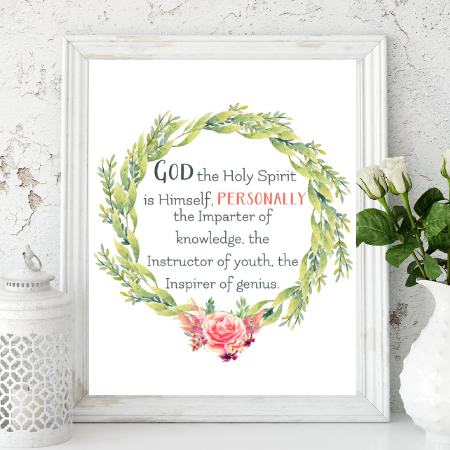
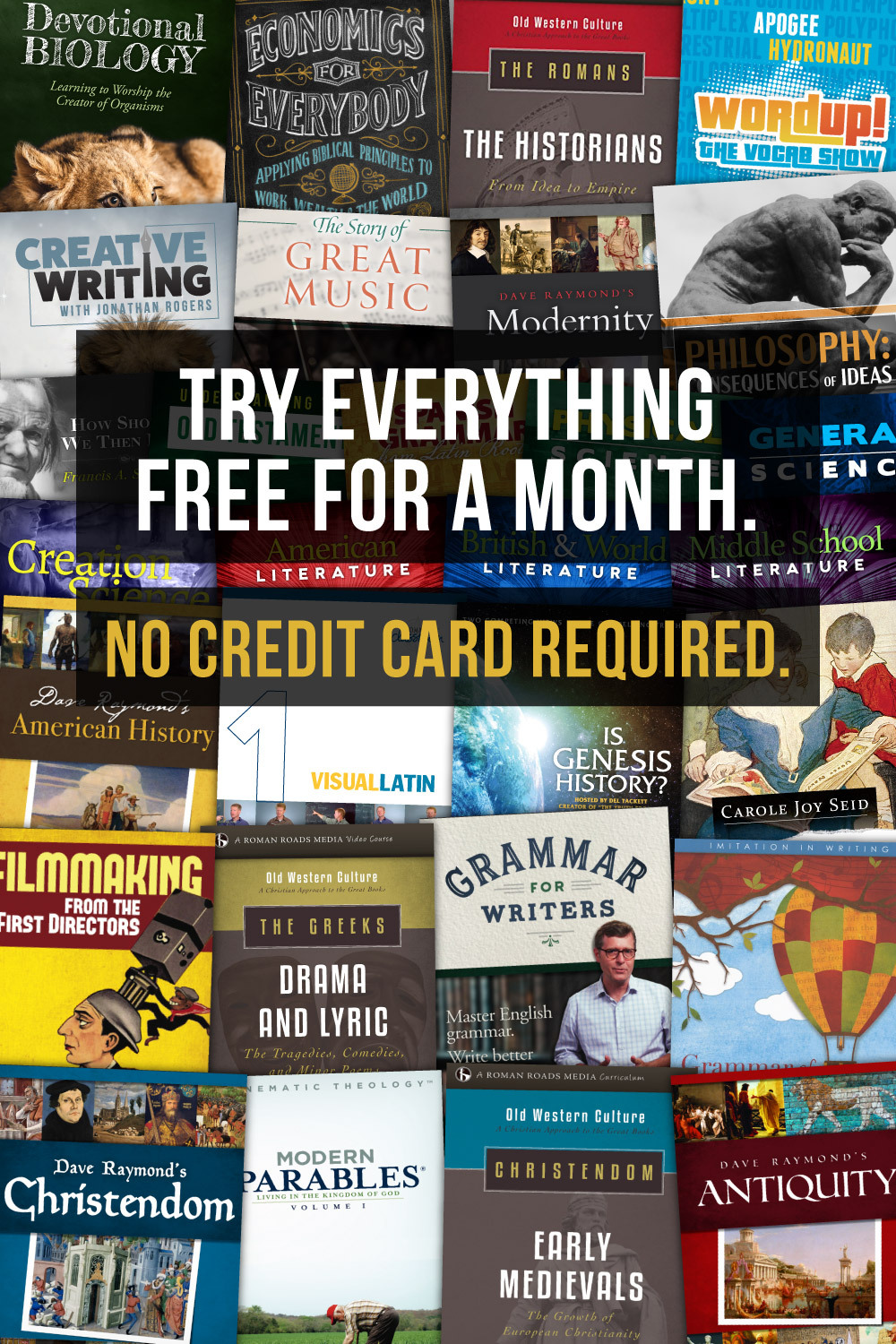
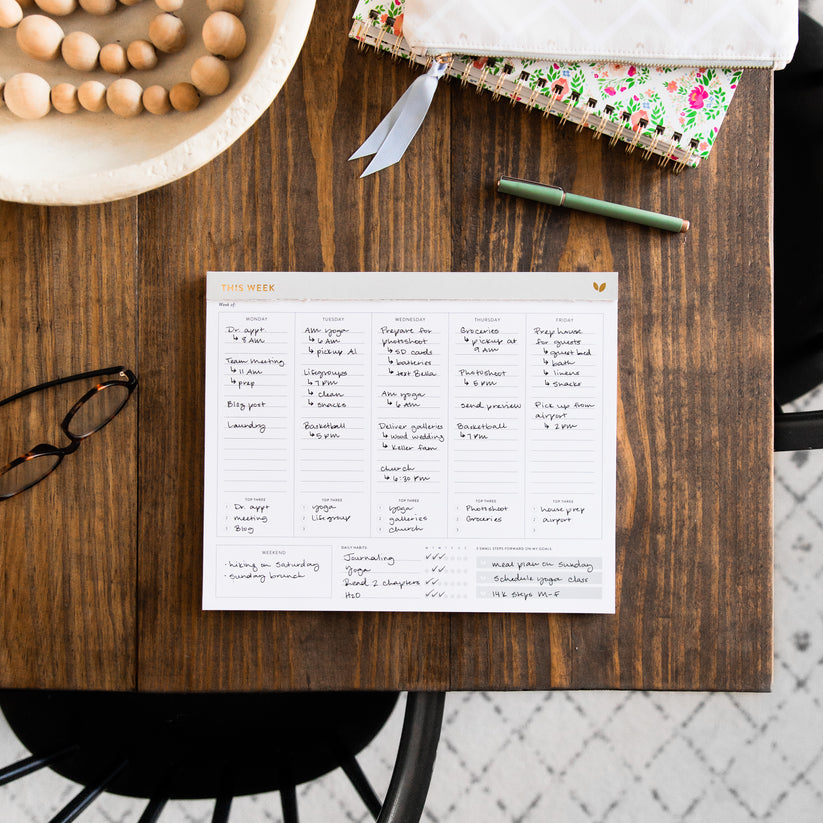
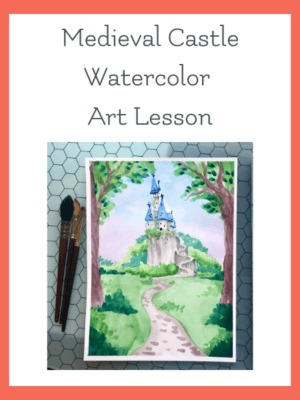
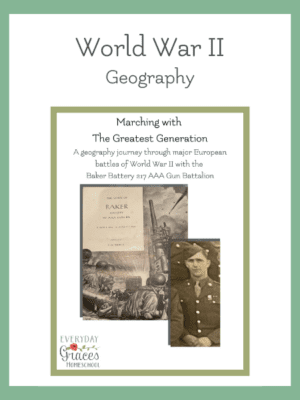
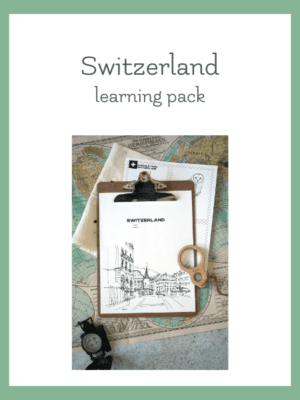
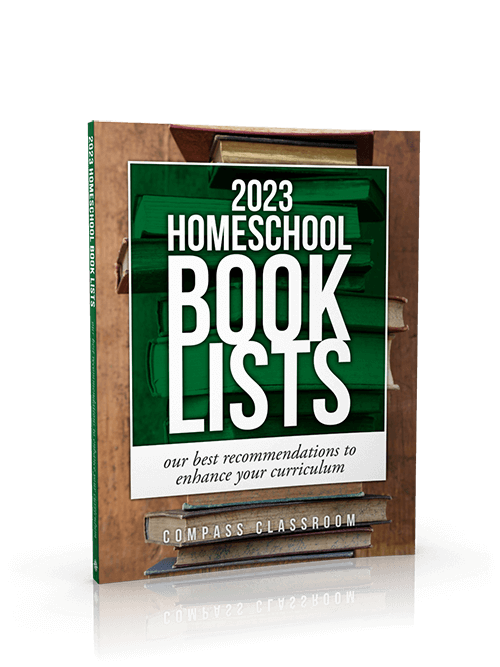
Leave a Reply